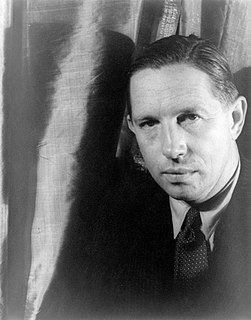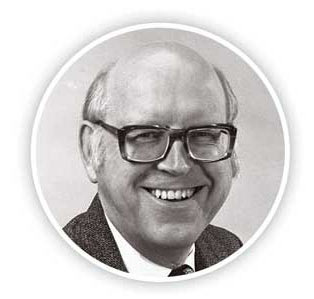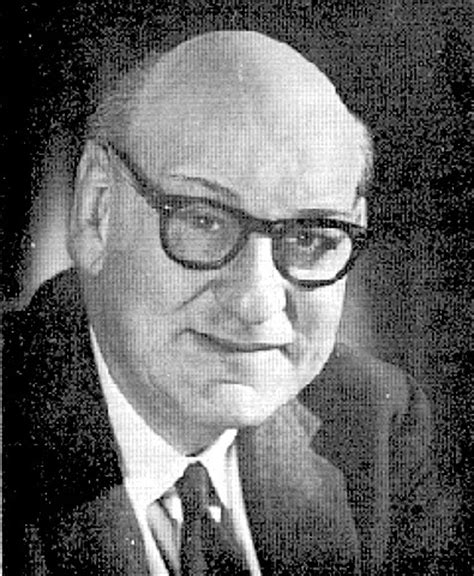A Quote by George Herbert
But, indeed, the science of logic and the whole framework of philosophical thought men have kept since the days of Plato and Aristotle, has no more essential permanence as a final expression of the human mind, than the Scottish Longer Catechism.
Related Quotes
Through Plato, Aristotle came to believe in God; but Plato never attempted to prove His reality. Aristotle had to do so. Plato contemplated Him; Aristotle produced arguments to demonstrate Him. Plato never defined Him; but Aristotle thought God through logically, and concluded with entire satisfaction to himself that He was the Unmoved Mover.
Was it Aristotle who said the human soul is composed of reason, will, and desire?” “No, that was Plato. Aristotle and Plato were as different as Mel Tormé and Bing Crosby. In any case, things were a lot simpler in the old days,” Komatsu said. “Wouldn’t it be fun to imagine reason, will, and desire engaged in a fierce debate around a table?
Plotinus is usually called the Founder of Neo Platonism and what that means is that in this philosophical circle, he was founding a kind of renewed attempt to understand the thought of Plato which however they were combining with the thought of other philosophers, including Aristotle, the Stoics and Pythagoreans and so on.
Whether we fail or not, we shall not be kept from continuing our mission by those who claim it can't be done. ...Indeed the whole of agricultural and livestock science and even human medicine, if sound, is merely the business of discovering certain natural patterns already in existence, putting together the various pieces and discovering their relationship to the whole universe; indeed such a process is science itself
Slavery in America was perpetuated not merely by human badness but also by human blindness. ... Men convinced themselves that a system that was so economically profitable must be morally justifiable. ... Science was commandeered to prove the biological inferiority of the Negro. Even philosophical logic was manipulated [exemplified by] an Aristotlian syllogism:
All men are made in the image of God;
God, as everyone knows, is not a Negro;
Therefore, the Negro is not a man.
It has been a long road from Plato's Meno to the present, but it is perhaps encouraging that most of the progress along that road has been made since the turn of the twentieth century, and a large fraction of it since the midpoint of the century. Thought was still wholly intangible and ineffable until modern formal logic interpreted it as the manipulation of formal tokens. And it seemed still to inhabit mainly the heaven of Platonic ideals, or the equally obscure spaces of the human mind, until computers taught us how symbols could be processed by machines.
The progress of science requires the growth of understanding in both directions, downward from the whole to the parts and upward from the parts to the whole. A reductionist philosophy, arbitrarily proclaiming that the growth of understanding must go only in one direction, makes no scientific sense. Indeed, dogmatic philosophical beliefs of any kind have no place in science.







































